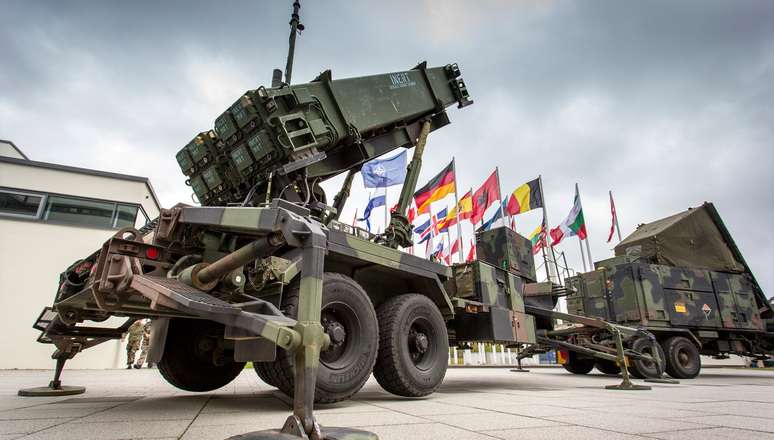
Patricia Marins
One year ago, I wrote about the Iranian air defense systems and how they are numerically superior to the entire number of batteries on the European continent. However, the entire Iranian arsenal is what I call “green fruits .”
The Iranian systems weren’t able to protect radars, stations, and even some air defense systems. Again: Intercept projectiles over a field or sea is completely different from operating a system being overloaded with multiple kind of objects in different sizes, altitudes, speed and maneuvers.
This situation remember me that there is a significant gap, between defense systems tested in Ukraine and defense systems in general. Anyone following the Ukrainian war knows the numerous adjustments both sides had to make to their air defense systems. This involved integration, positioning, software filtering, and even the quality of the wires used to connect the units.

There are still many adjustments needed to enhance their capability. According to the latest Ukrainian report, the interception rate for some types of missiles remains extremely low.
The Iranian systems, like the Israeli, Indian, Chinese, and every other system, lag far behind the Russian and NATO systems tested in Ukraine who are being tested adjusted during a real war.
The big question for me is whether NATO or Russia will transfer this knowledge to update third countries that are using their systems.

Last month, the Iranian systems failed, and the Israeli systems performed similarly.
Regarding the Israeli defense systems, I’ve done some analytical posts showing that the interception rate for shorter projectiles is much less than what the IDF usually announces after Hamas attacks.
We must consider that the Israeli experience in intercepting shorter projectiles is superior to any other country’s. However, during the last Iranian missile attack, we saw even ballistic missiles penetrate the Israeli systems, demonstrating that the best defense against missiles is to prevent them from being launched.
In fact, any air defense system is excellent if it can intercept anything above 50% of the time. Rates above 70%, 80%, and even 90% are pure fantasy from sellers.
The best defense against missiles is deterrence, and perhaps this is why Israel and Iran, both aware of their limits, pursue it.
However for Lebanon, for example, deterrence is not an option.
I believe that the demonstrations by Israel and Iran will encourage other Middle Eastern countries to invest not only in air defense systems, but in a vast missile arsenal, exactly as the Saudis are doing.






Be the first to comment